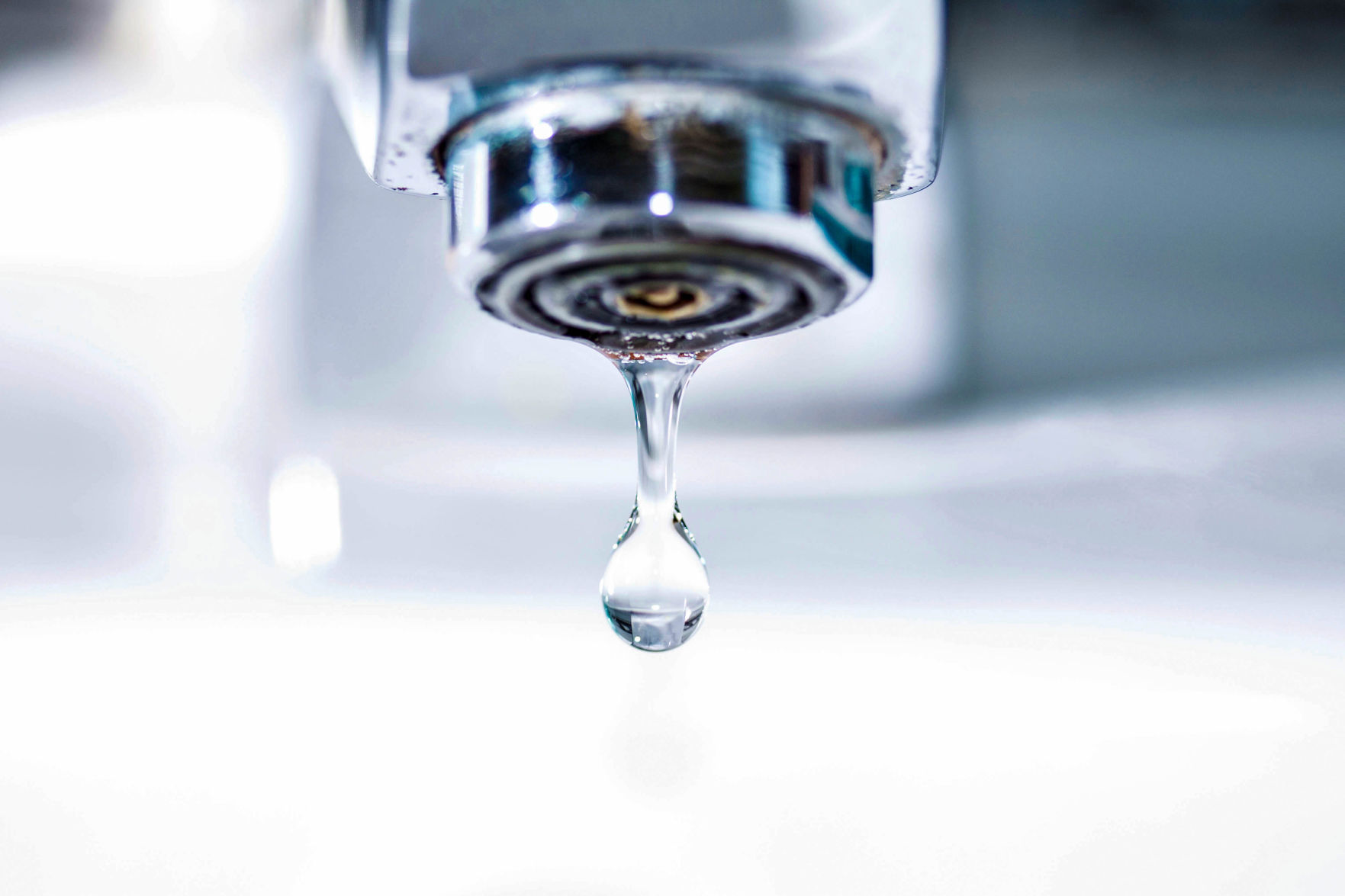New Jersey American Water has completed its required lead and copper sampling for 2020 and all systems tested meet state water quality regulations.
The company tested 13 water systems that are required to be tested between June and September, and all results show compliance with safe drinking water guidelines for lead and copper, the company announced on Oct. 16.
The company’s other 19 water systems are tested every three years in accordance with Department of Environmental Protection regulations and they are also in compliance, according to the statement.
“New Jersey American Water routinely tests and monitors the drinking water leaving the treatment facilities and at different distribution points through the system,” Cheryl Norton, president of New Jersey American Water, said in the statement. “These lead and copper test results show that our continued investment in infrastructure and our treatment processes are working. We want our customers to feel confident that the water they use is safe for themselves and their families.”
The 13 water systems that were tested this year and the towns served in each are as follows:
- Atlantic County system: Absecon, Egg Harbor Township, Galloway Township, Linwood, Northfield, Pleasantville, Pomona, Smithville, Somers Point and Wrangleboro
- Cape May Courthouse system: Cape May Court House and Middle Township
- Coastal North system: Shrewsbury area: Aberdeen, Allenhurst, Asbury Park, Bradley Beach, Colts Neck (in part), Deal, Eatontown, Elberon, Fair Haven, Highlands Borough, Holmdel, Interlaken, Little Silver, Loch Arbor, Long Branch, Middletown, Monmouth Beach, Neptune, Neptune City, Ocean Grove, Oceanport, Ocean Township, Red Bank, Rumson, Sea Bright, Shrewsbury Borough, Shrewsbury Township, Tinton Falls, Wanamassa and West Long Branch. Lakewood/Howell area: Freehold (in part), Howell Township and Lakewood. Ocean County area: Bay Head, Brick Township (in part), Dover/Toms River (in part), Lavallette (in part), Mantoloking, Ortley Beach and Pelican Island.
- Harrison District system: Mullica Hill and Harrison Township (in part)
- Liberty system: Elizabeth (Municipal-owned system operated by American Water/New Jersey American Water)
- Mount Holly system: Mount Holly, Lumberton, Hainesport, Eastampton, Westampton, and Mansfield/Columbus (in part).
- Penns Grove system: Penns Grove, Carney’s Point Township, Pedricktown and Oldmans Township (in part)
- Raritan system: Bedminster, Belle Mead, Bound Brook, Branchburg, Bridgewater, Chester, Clark, Cranbury, Cranford, Fanwood, Far Hills, Flagtown, Flemington, Garwood, Gladstone, Green Brook, Hightstown, Hillsborough, Hillside, Jamesburg, Kenilworth, Kingston, Lawrence, Linden, Manville, Martinsville, Middlesex, Montgomery, Mountainside, Neshanic Station, North Plainfield, Peapack, Piscataway, Plainfield, Plainsboro, Pottersville, Princeton, Princeton Junction, Raritan Borough, Raritan Township, Readington, Roselle, Roselle Park, Scotch Plains, Somerset, Somerville, South Bound Brook, South Plainfield, Tewksbury, Three Bridges, Union, Vauxhall, Warren, Watchung, West Windsor, Westfield, Whitehouse and Whitehouse Station
- Short Hills (Passaic) system: Bedminster, Berkeley Heights, Bernards (Basking Ridge), Bernardsville, Chatham Borough, Chatham Township, Chester Borough, East Hanover, Far Hills, Florham Park, Harding, Hillside, Irvington, Livingston, Long Hill Township (Gillette, Millington, Stirling), Madison, Maplewood, Mendham Borough, Mendham Township, Millburn (Short Hills), Morris, New Providence, Roseland, South Orange, Springfield, Summit, Union, Verona, Warren, Watchung and West Orange
- South Orange Village system: South Orange Village (Municipal-owned system operated by American Water/New Jersey American Water)
- Sunbury system: Pemberton Township (in part)
- Washington system: Franklin Township, Oxford Township, Warren, Washington Township (Warren County), Washington Borough, White Township
- Western/Delaware system: Audubon, Audubon Park, Barrington, Bellmawr (in part), Beverly, Burlington Township (in part), Camden (11th & 12th wards, Cramer Hill), Cherry Hill (in part), Cinnaminson, Clementon, Delanco, Delran, Edgewater Park, Elk Township (in part), Gibbsboro, Gloucester Township (in part), Haddonfield, Haddon Heights, Haddon Township (in part), Hi-Nella, Laurel Springs, Lawnside, Lindenwold, Magnolia, Maple Shade (in part), Mt. Ephraim, Mt. Laurel (in part), Oaklyn, Palmyra, Pennsauken (in part), Riverside, Riverton, Runnemede, Somerdale, Stratford and Voorhees
The results of this testing will be included in next year’s Water Quality Reports. New Jersey American Water customers can access their water quality report online anytime at www.newjerseyamwater.com, under Water Quality.
New Jersey American Water relies on the expertise of more than 800 professionals across the state, from plant operators and water quality professionals to engineers and water distribution professionals, to monitor and test the water, and maintain facilities and infrastructure across the state to support safe, efficient operations, according to the statement.
New Jersey American Water’s water treatment technology, combined with its aggressive infrastructure investment program that focuses on the replacement of aging water mains and service lines, work together to support the continued provision of high quality and reliable water service to customers, according to the statement. The company invests approximately $350 million annually to upgrade plants, pumps and pipes throughout its service areas.
Although lead is not present in the treated water leaving the company’s facilities or in the pipes in the distribution system, the company reminds customers there are additional steps people can take to help further protect themselves from lead particles that could be present in indoor plumbing, according to the statement. If a home was built before 1985, the plumbing system may contain leaded materials. To minimize possible exposure, experts recommend running the kitchen tap with cold water for 30 seconds to 2 minutes if it has gone unused for more than six hours. For more tips and information, visit www.newjerseyamwater.com/leadfacts.

